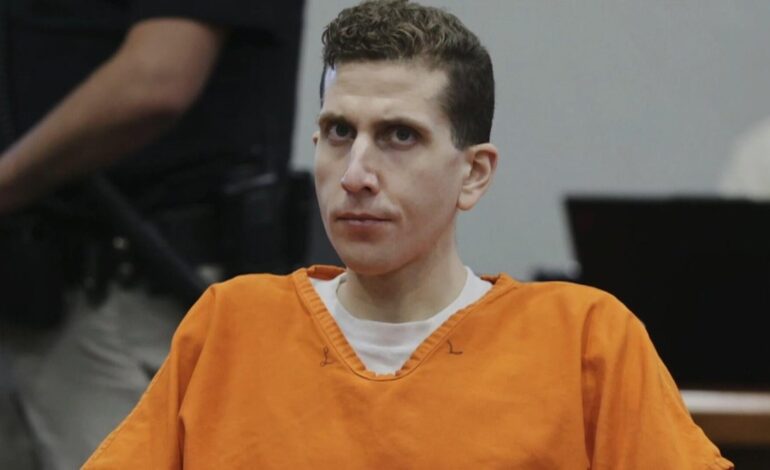Victim’s Dad Wants Kohberger’s Commissary Cash Reallocated to Cover Investigation Costs After Plea Deal

By Quinn Parker. Okay, hold onto your coffee cups because this one’s hot and it’s painful: Kaylee Goncalves’ father, Steve Goncalves, is pushing Idaho lawmakers to strip convicted killer Bryan Kohberger of his prison commissary funds so those dollars can reimburse taxpayers for the massive murder investigation.
I’m Quinn Parker, and yes I have had too much coffee — which means I will say what everyone’s thinking. In a flurry of meetings with two Idaho legislators, Steve is trying to craft policy that would let victims’ families or the state tap into a murderer’s commissary account to offset costs tied to crimes like the November 2022 slayings that killed Kaylee Goncalves, Xana Kernodle, Ethan Chapin, and Madison Mogen. Steve says he’s even conversed with Xana’s family as they weigh this route, and he’s dead-set on making the financial burden of violent crime less of a mystery and more of a concrete taxpayer recovery.
Here’s the blunt part: Steve originally told reporters he’d imagined Kohberger’s online fans buying him ramen and sweets and he wished that money would instead go to purchase ammunition for an execution. That remark is graphic, emotional, and reflective of a father’s searing grief, but it also underscores a broader outrage — families feel justice was hollowed out when prosecutors negotiated a plea deal instead of going to a full death-penalty trial.
Legally, Kohberger pleaded guilty and received four consecutive life sentences without parole. That plea removed the need for a jury trial and, for grieving relatives like Steve, dimmed the closure that a drawn-out courtroom showdown might have provided. Steve’s anger didn’t end in the courtroom: he’s publicly criticized prosecutors for the plea agreement and is unsettled by the continual release of crime-scene photos, including photos recently published that show the bed where Kaylee was killed.
Steve argues these images and supplemental details are sensationalistic and unnecessary now that a conviction is secured. He told reporters families did not want intimate, grisly evidence circulated and that news outlets are doing nothing but fueling voyeurism rather than serving justice. That complaint points to a larger ethical debate about how much the public needs to see once a case has been decided and whether survivors should have more say over dissemination of graphic material.
From a policy angle, tapping commissary funds is a pragmatic proposal that sidesteps emotional rhetoric while delivering an actual solution: use the limited pocket money of inmates to repay investigative costs that otherwise fall on taxpayers. Practically, legislation would need to define which crimes qualify, how restitution is calculated, and how to deal with inmates who have no commissary balance. There are also constitutional and administrative hurdles; prison finance systems, victims’ rights statutes, and appeals courts would likely get involved if a new law were passed.
Steve’s advocacy is emblematic of a larger trend of victim families seeking tangible accountability beyond life sentences. Whether Idaho lawmakers will take up his proposal, or how courts would treat any attempt to seize commissary funds, remains uncertain. But the conversation has shifted from abstract outrage to specific policy, and that is noteworthy.
For now, victims’ families are left with life sentences on paper and lingering questions about prosecutorial choices, media boundaries, and how the state should recoup the costs of investigating violent crime. Expect legislative hearings, hard questions about restitution mechanics, and more public debate as Steve Goncalves presses his case.
Okay, I need to sit down and breathe after that — but I’ll be watching how Idaho responds, and you should, too.
Sources: Celebrity Storm and TMZ, public court records, local Idaho legislative statements
Attribution: Creative Commons Licensed




